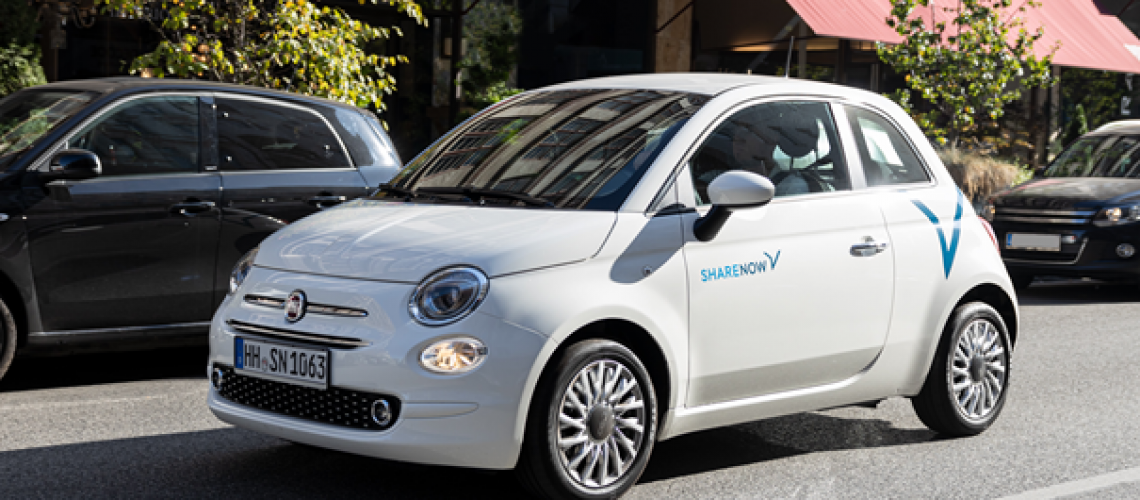Currently, up to 750,000 people in Germany use various car sharing services. According to the Bundesverband Carsharing e.V., more than 2,800,000 people in Germany are currently listed as customers of car sharing providers and together use almost 26,000 vehicles from Share-Now, Flinkster, Miles, Sixt Share and others.
A lack of parking spaces, high fuel prices, alternative mobility concepts and, above all, a new mobility awareness are leading many people, especially young people, to rethink. As a result, city dwellers are increasingly doing without their own car. Nevertheless, a vehicle is regularly needed, e.g. to make larger purchases or to reach destinations outside the city quickly and comfortably. Car sharing is a very good solution for this.
There are three different types of car sharing. The “flexible car sharing” or “free-floating model” is widespread in many large German cities. This means that cars can be rented, picked up, parked and returned throughout the city or in certain business areas. Providers of business area car sharing focus on the quite spontaneous and short-term use of the rental cars.
Customers can usually find the vehicles near their location online via an app or a hotline. Usually, rental is possible without prior reservation.
Station-based car sharing is the most common model. Here, the vehicle must be booked in advance. When booking, the period of time when the car is needed must be specified. If the car is parked earlier, the entire booked period often has to be paid for. The car can then be picked up at rental stations, which can be found via a website or app of the provider.
Private car sharing is becoming increasingly popular. Providers make a network and booking system available so that the confidential rental of vehicles to third parties can take place securely. In confidential car sharing, the provider provides the platform and usually the insurance cover during the rental. Tenant and landlord have to register and accept various conditions that secure the rental for both parties. A renter can send non-binding requests to rent a car to any private person registered as a landlord in the network. When a landlord confirms the request, the renter has to transfer the agreed rent and thus the trip is booked bindingly.


